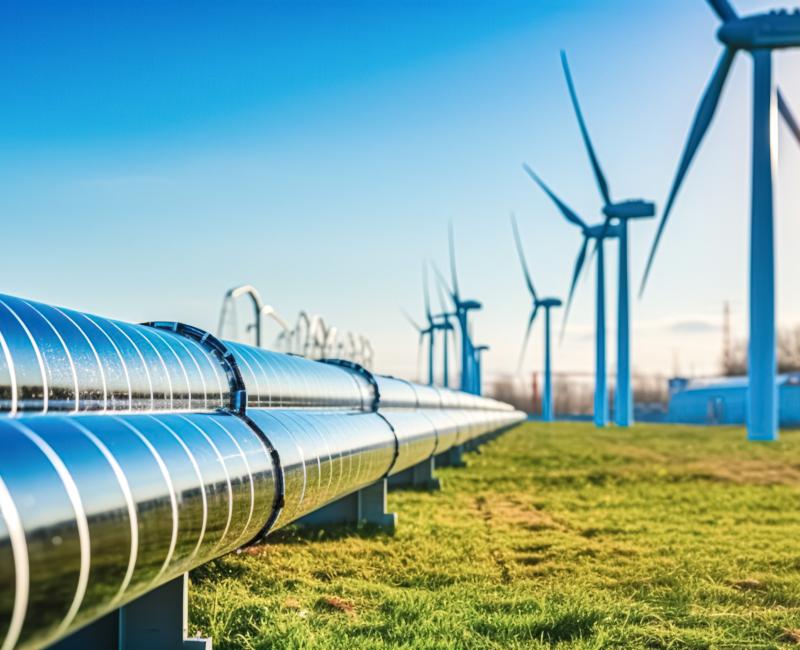ACER monitoring shows most infrastructure projects on time, yet commissioning timelines are ambitious

ACER monitoring shows most infrastructure projects on time, yet commissioning timelines are ambitious
What is it about?
Today, ACER publishes the outcome of its monitoring activity on projects of common interest (PCIs) and projects of mutual interest (PMIs).
ACER assessed the status and progress of projects included in the first Union list of PCIs and PMIs (2024). These projects cover electricity, hydrogen, carbon dioxide, electrolysers and gas infrastructure categories.
For the first time, the findings of ACER monitoring are presented through an interactive dashboard, which offers a detailed outline of the projects’ progress, regulatory treatment and financing status. The dashboard is complemented by individual project overviews.
What are projects of common interest and of mutual interest?
The concepts of projects of common interest (PCIs) and projects of mutual interest (PMIs) are defined under the Trans-European Networks for Energy Regulation (TEN-E Regulation). These are key energy projects designed to increase network and market integration, as well as to support the decarbonisation of infrastructure grids between EU Member States (PCIs) or with non-EU countries (PMIs).
The European Commission is responsible for selecting and publishing both PCIs and PMIs lists every two years (the Union list). ACER is tasked with monitoring their progress based on data submitted by project promoters and national competent authorities. This year’s monitoring covered 130 projects.
What did ACER monitoring find?
- One third of electricity projects have been delayed or rescheduled, mainly due to early-stage implementation issues or delays in construction works. More than half of the projects are in more advanced stages, with 30% under construction, 23% in the permitting phase and 2% already commissioned. Overall, 72% of electricity projects are expected to be commissioned by 2030.
- Out of 34 hydrogen projects reviewed, 33 are progressing on time, with over 90% expected to be commissioned by 2030. However, most projects are still in early development, with only 18% in the permitting phase and the rest at less-advanced stages.
- Out of all projects reviewed, 23 received EU Connecting Europe Facility (CEF) grants for works and 15 for studies.
- Permit granting, construction and environmental impact assessment are the most time-consuming phases when connecting infrastructure projects to the grid, taking on average 4.3 years, 3.8 years and 2.6 years respectively.
What are the next steps?
In the following months, the outcomes of ACER’s monitoring will be examined by the regional groups (composed by experts from Member States, transmission and distribution system operators, as well as energy regulators and the European Commission) as part of the selection process for the 2025 Union list.
